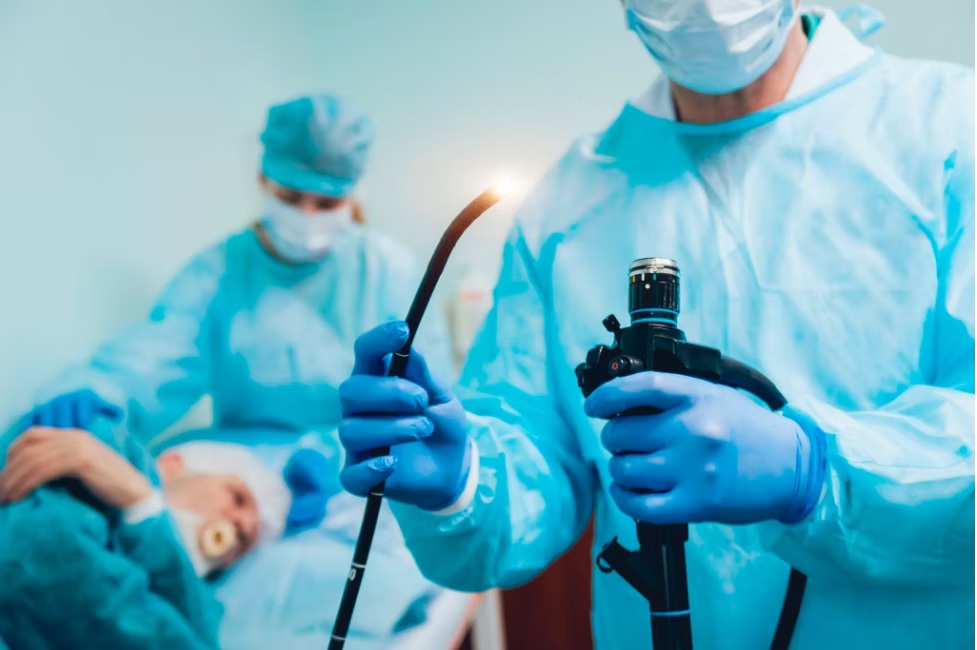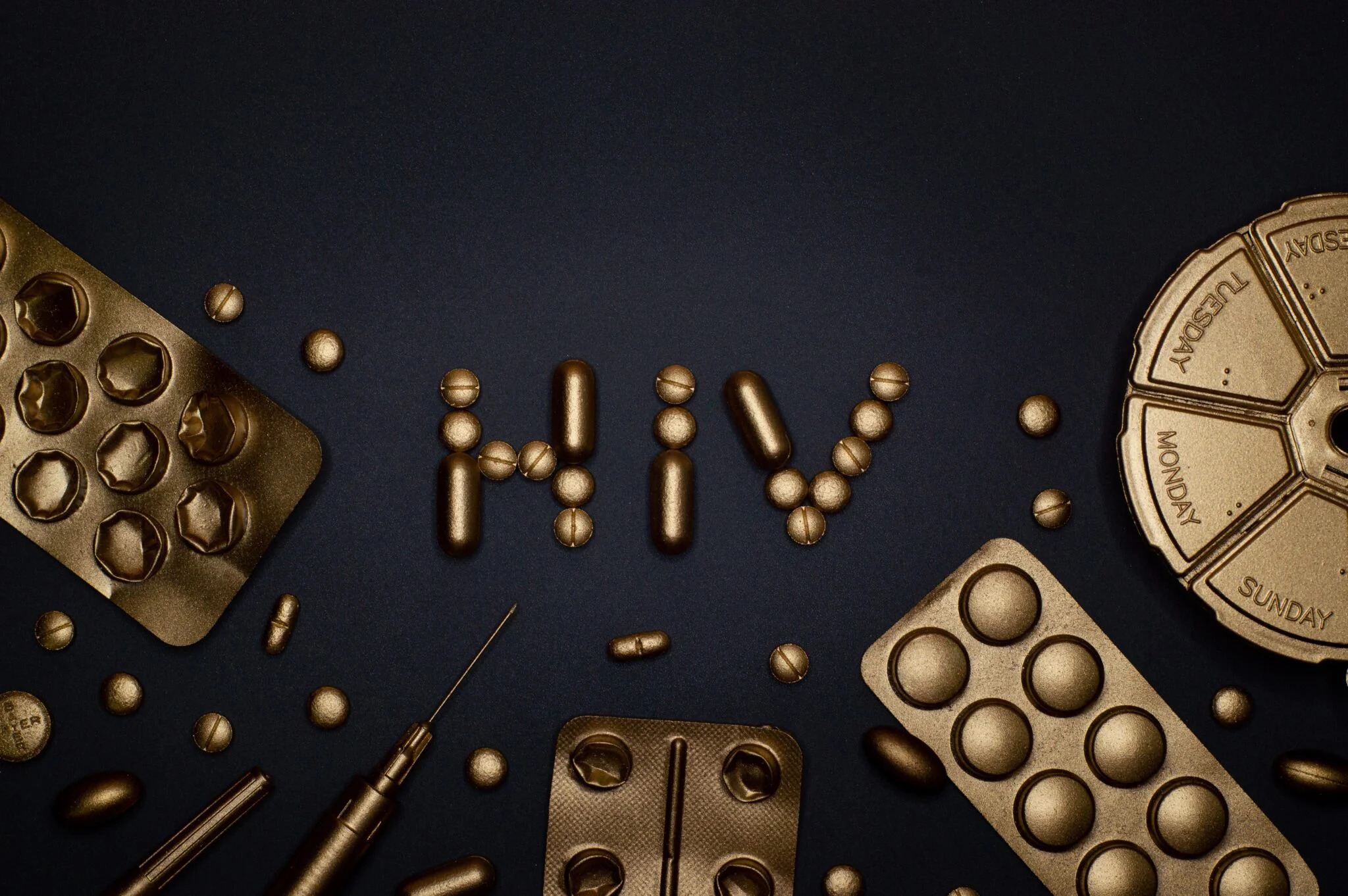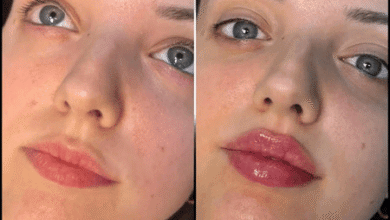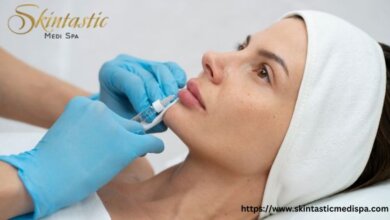HIV test singapore
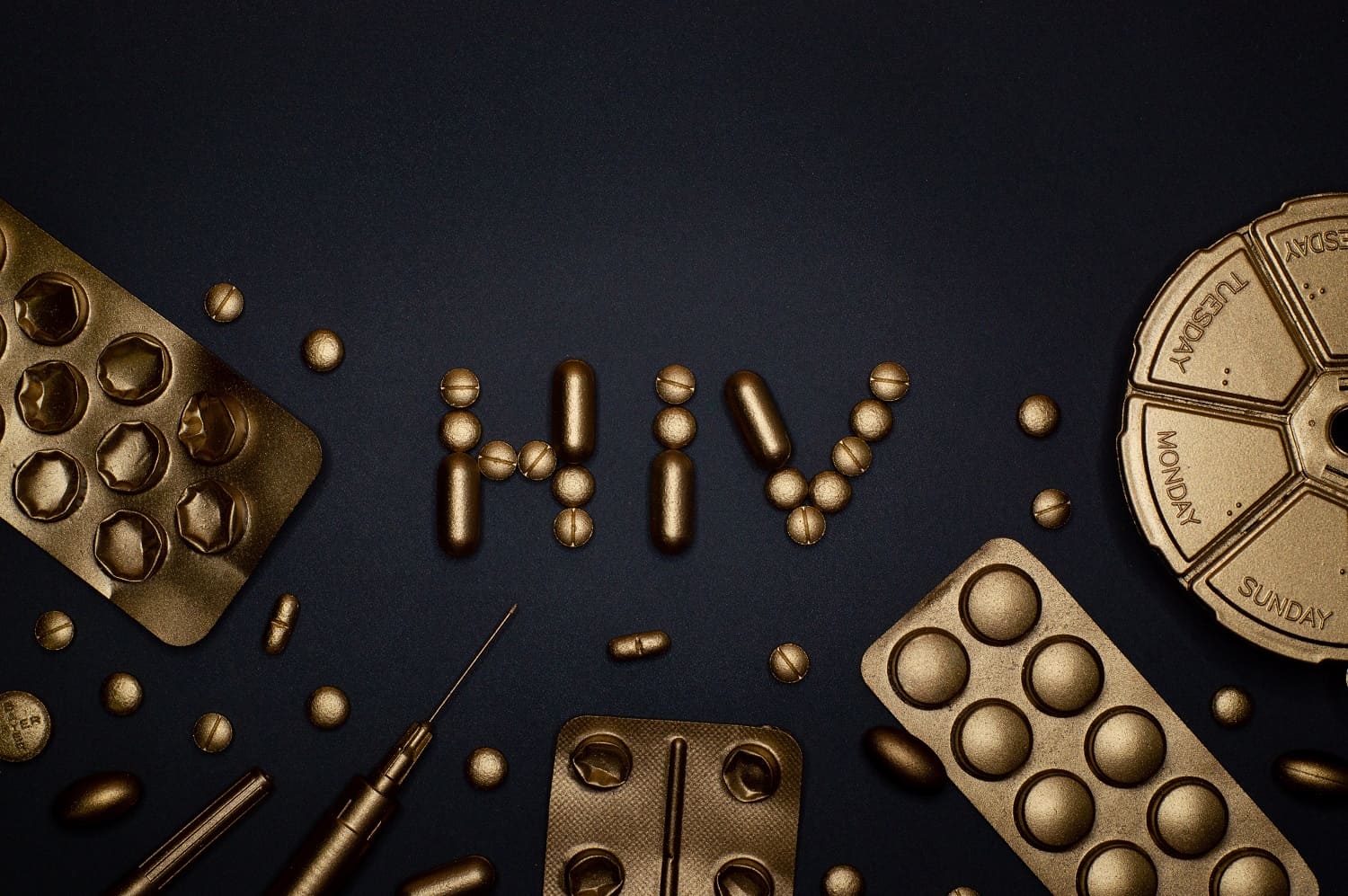
HIV test singapore
Human Immunodeficiency Virus (HIV) is a virus that targets the immune system, specifically the CD4 cells (T cells), which are crucial for fighting off infections. Over time, HIV can destroy so many of these cells that the body can’t fend off diseases and infections. When this happens, HIV can lead to Acquired Immunodeficiency Syndrome (AIDS), which is the most severe phase of HIV infection. Understanding HIV is essential as it affects millions of people worldwide and can lead to severe health complications if left untreated.
The impact of HIV is multifaceted. Medically, it can lead to a range of opportunistic infections and cancers that do not typically affect individuals with a healthy immune system. Socially, individuals living with HIV may face stigma and discrimination, which can affect their mental health and quality of life. Economically, the cost of managing HIV can be substantial, affecting not only the individual but also the broader healthcare system. Awareness and education about HIV are critical in reducing its impact and ensuring that those affected receive the necessary support and treatment.
In Singapore, the prevalence of HIV has been relatively low compared to global statistics, but the rates have been steadily increasing. This rise underscores the importance of regular HIV testing, early detection, and prompt treatment. By understanding HIV and its implications, individuals can take proactive steps to protect their health and contribute to a healthier community. Education, prevention, and treatment are the cornerstones of managing HIV effectively, and it all begins with awareness and understanding.
Importance of HIV Testing
Regular HIV testing is a crucial component of preventing the spread of the virus. Knowing your HIV status enables you to make informed decisions about your health and take appropriate measures to protect yourself and loved ones. Early detection of HIV can significantly improve health outcomes by allowing for early intervention and treatment, which can prevent the progression to AIDS and reduce the risk of transmitting the virus to others.
HIV testing is particularly important for individuals who are at risk of infection with the virus. This includes persons with multiple sexual partners, men who have sex with men, individuals who engage in unprotected sex, and those who share needles. In fact, based on MOH data in the last 5 years, the 2 main groups that are almost equally affected by HIV are heterosexual males and men who have sex with men. Pregnant women are also encouraged to get tested for HIV to prevent mother-to-child transmission during childbirth or breastfeeding. Regular testing helps in early detection, which is vital for controlling the virus as soon as possible to limit the damage to the immune system.
In Singapore, the Ministry of Health (MOH) emphasizes the importance of HIV testing and has implemented various initiatives to encourage people to get tested. These efforts include public awareness campaigns, confidential testing services, and support for those living with HIV. By promoting regular testing and reducing the stigma associated with HIV, Singapore aims to create a supportive environment where individuals feel comfortable seeking the care they need. Regular HIV testing is not just about knowing your status; it’s about taking control of your health and being a responsible partner to your loved ones.
Types of HIV Tests Available in Singapore
Singapore offers a range of HIV tests to cater to different needs and preferences. The most common types of HIV tests available are the rapid HIV test, the enzyme-linked immunosorbent assay (ELISA), and the nucleic acid test (NAT). Each of these tests has its advantages and can provide accurate results at different stages of HIV infection.
The rapid HIV test is widely used because it provides results within 15 minutes. This test detects HIV antigen and/or HIV antibodies in a small sample of blood or oral fluid. It is highly accurate and convenient, making it a popular choice for individuals who want quick results. Rapid tests are available at various clinics and testing centers across Singapore.
The ELISA test is another commonly used method for detecting HIV. This test is highly sensitive and can detect HIV antibodies in the blood. It requires a blood sample, which is then sent to a laboratory for analysis. Results are typically available within a few days. The ELISA test is often used as a confirmatory test if a rapid test result is reactive, ensuring the accuracy of the diagnosis.
NAT is a more advanced testing method that detects the presence of HIV RNA in the blood. This test can identify the virus at an earlier stage than antibody tests, usually within 10 to 33 days after exposure. NAT is often used in cases where early detection is critical, such as in individuals with recent high-risk exposure or those with symptoms of acute HIV infection. Although NAT is more expensive and less commonly used than other tests, it provides valuable information for early diagnosis and treatment.
What to Expect During an HIV Test
Undergoing an HIV test can be a straightforward and stress-free process when you know what to expect. The first step is to find a testing location that suits your needs. In Singapore, you can get tested at public hospitals, polyclinics, private clinics, and specialized HIV testing centers. Many of these facilities offer anonymous testing, ensuring your privacy and confidentiality.
Upon arrival at the testing site, you will typically be asked to register and provide some basic information. If you choose anonymous testing, you may only need to provide a code or identifier instead of personal details. A healthcare professional will then explain the testing process and answer any questions you may have. This is an excellent opportunity to discuss any concerns or risk factors you might have, as the professional can provide tailored advice and support.
The actual testing procedure varies depending on the type of test you choose. For a rapid HIV test, a small sample of blood or oral fluid will be collected using a finger prick or swab. The sample is then processed, and results are available within 20 to 30 minutes. If you opt for an ELISA or NAT test, a blood sample will be drawn and sent to a laboratory for analysis. Results for these tests are usually available within a few days. Regardless of the test type, the healthcare professional will explain how and when you will receive your results and provide any necessary follow-up instructions.
PEP and PrEP for High Risk Individuals
For individuals at high risk of HIV infection, post-exposure prophylaxis (PEP) and pre-exposure prophylaxis (PrEP) are valuable prevention strategies. PEP is a short-term treatment that involves taking antiretroviral medications within 72 hours of potential exposure to HIV. This treatment can significantly reduce the risk of contracting the virus if taken correctly and promptly.
PEP is recommended for individuals who have experienced a high-risk exposure, such as unprotected sex with an HIV-positive partner, needle-sharing, or a sexual assault. The treatment typically lasts for 28 days and requires strict adherence to the medication regimen. PEP is available at public hospitals, polyclinics, and some private clinics in Singapore. It is crucial to seek medical attention as soon as possible (before 72 hours) after a potential exposure to ensure the effectiveness of the treatment.
PrEP, on the other hand, is a preventive measure for individuals who are at ongoing risk of HIV infection. This includes people with multiple sexual partners, men who have sex with men, and those in a relationship with an HIV-positive partner. PrEP involves taking a daily pill that contains antiretroviral medications, which can reduce the risk of HIV infection by up to 99% when taken consistently. On-demand PrEP is also advocated for persons who may be at risk of HIV infection but the risk is episodic. PrEP is available at selected clinics in Singapore, and individuals interested in this prevention strategy should consult a healthcare professional to determine if it is suitable for them.
Confidentiality and Privacy in HIV Testing
Confidentiality and privacy are paramount when it comes to HIV testing. Many individuals may hesitate to get tested due to concerns about their personal information being disclosed. In Singapore, there are stringent measures in place to protect the privacy of individuals undergoing HIV testing, ensuring that their information remains secure and confidential.
Anonymous HIV testing is available at several locations across Singapore, allowing individuals to get tested without revealing their identity. These testing sites use unique codes or identifiers instead of personal information, ensuring that the test results are not linked to the individual’s name or other identifying details. This anonymity can encourage more people to get tested, particularly those who may be worried about stigma or discrimination.
Even in non-anonymous testing settings, healthcare providers are bound by strict confidentiality policies and Singapore law. These professionals are required to maintain the confidentiality of the patient’s information. By prioritizing privacy and confidentiality, Singapore’s healthcare system aims to create a supportive environment where individuals feel comfortable seeking HIV testing and treatment.
Frequently Asked Questions about HIV Testing in Singapore
How often should I get tested for HIV?
The frequency of HIV testing depends on your risk factors. If you have a change in a regalr partner, you should consider getting tested before engaging sexual contact with the new partner. If you have multiple partners, you may want to consider getting tested more frequently like every 3-6 months. Consult a healthcare professional to determine the appropriate testing schedule for your specific situation.
Where can I get tested for HIV in Singapore?
HIV testing is available at various locations across Singapore, including public hospitals, polyclinics, private clinics like Hisential Clinic Orchard, and specialized HIV testing centers. Some of these facilities offer anonymous testing to ensure your privacy. You can also visit community-based organizations that provide free or low-cost testing services. It is important to choose a testing site that meets your needs and preferences.
What should I do if my HIV test result is positive?
If your HIV test result is positive, it is important to seek medical care as soon as possible. A healthcare professional will guide you through the next steps, which may include confirmatory testing, starting antiretroviral therapy (ART), and regular monitoring of your health. Early treatment can significantly improve your health outcomes and reduce the risk of transmitting the virus to others. It is also important to reach out to support groups and counseling services to help you cope with the diagnosis and maintain a positive outlook on life.
Can I get HIV from casual contact or sharing utensils?
No, HIV cannot be transmitted through casual contact, such as hugging, shaking hands, or sharing utensils. The virus is primarily spread through unprotected sexual contact, sharing needles, and from mother to child during childbirth or breastfeeding. Understanding how HIV is transmitted can help reduce fear and stigma and promote informed decision-making about your health and relationships.
Is HIV testing covered by insurance in Singapore?
The coverage of HIV testing by insurance varies depending on the specific insurance plan. Some plans may cover the cost of testing, while others may not. It is important to check with your insurance provider to understand the details of your coverage. Additionally, free or low-cost testing services are available at certain community-based organizations and public healthcare facilities.
What is the window period for HIV testing?
The window period is the time between potential exposure to HIV and the point when a test can accurately detect the virus. For most HIV tests, the window period ranges from two to eight weeks. However, some tests, such as the nucleic acid test (NAT), can detect the virus earlier, typically within 10 to 33 days after exposure. It is important to consider the window period when getting tested and to follow up with additional testing if necessary.
How can I reduce my risk of contracting HIV?
There are several ways to reduce your risk of contracting HIV, including practicing protected sex, getting tested regularly, and limiting the number of sexual partners and testing regularly for other STIs as other STIs like Syphilis and Herpes can increase the risk of HIV infection. If you are at risk, you may consider taking pre-exposure prophylaxis (PrEP) or post-exposure propylaxis (PEP) to further reduce your risk. Avoiding the sharing of needles and seeking prompt medical attention after potential exposure can also help prevent HIV infection.
Read More : HIV test singapore
<a href”https://theglobalnewz.com”>

